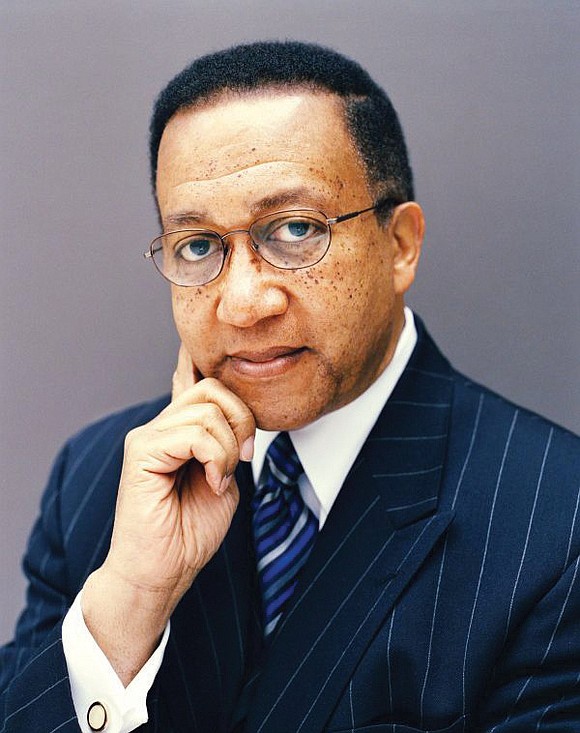Insurance giant prioritizing profits over patients, by Dr. Benjamin F. Chavis Jr.
7/29/2021, 6 p.m.
In the past year, a reckoning has happened across the country. What Black people and other communities of color have known for years, our White brothers and sisters are starting to learn. Our country is plagued with systemic racism that runs through industries across the nation. Most concerning is the deep roots it has within the American health care system. It’s time that we shine a light on this and stop letting insurance companies get away with it.
Health insurance companies have a long-proven pattern of exploiting and discriminating against people of color in this country. As I wrote in an op-ed in The Hill in April 2020, “Minority and low-income Americans suffer from a significant lack of access to quality health care. They also are more likely to not have health insurance and are often hit with surprise medical bills they cannot afford.”
Now, insurance companies are at it again by prioritizing their own profits rather than the health and well-being of all Americans.
One of the most recent acts of insurance company greed happened with United Healthcare, the nation’s largest insurance provider. Just recently, the insurance giant announced it would no longer cover patients’ non-urgent visits to the emergency room retroactively. Yes, you read that correctly. An American insurance company is no longer going to cover American patients who incorrectly self-diagnose and seek emergency treatment.
With a year of one public health crisis after another, United Healthcare is creating an extra barrier to entry for patients accessing care. As pointed out by the American College of Emergency Physicians, there is a fear that “the change will cause patients to avoid using emergency rooms because they will be responsible for their hospital bills when United Healthcare rejects them.”
Because many patients already were fearful of visiting the hospital during the COVID-19 pandemic, there was a rise in cases of “out-of-hospital cardiac arrest and associated poor health outcomes,” as reported in Health Affairs by researchers from the M.I.T. Sloan School of Management, and, unsurprisingly, this rise was seen particularly in low-income neighborhoods.
As with most corporate decisions, the effects of this policy will inevitably affect our nation’s most vulnerable populations the most. In fact, according to a 2017 University of Maryland School of Medicine study, Black Americans use the emergency room more often than any other racial group.
To put that simply, United Healthcare’s policy is directed at those who visit emergency rooms, and Black Americans are the most likely demographic group to visit the emergency room. A coincidence? I doubt it.
Patients should not be expected to correctly self-diagnose their health issue before visiting the emergency room.
Patients look to medical professions to diagnose and treat health problems. Putting the burden back onto patients is unacceptable.
While the policy was scheduled to take effect on July 1, public backlash led to United Healthcare’s new stance that it should not go into effect until “the end of the national public health emergency period.” The reality is that the Public Health Emergency (PHE) period was set to expire on Tuesday, July 20, if it is not renewed. So, the delay announcement was really just for show, and may not do anything in terms of ending this policy.
United Healthcare should not get away with this. We must speak out and advocate for those who do not have a platform to speak for themselves. Those with chronic conditions, from low-income and minority communities, deserve to seek emergency health care without fear of racial discrimination and indebting themselves or their families.
The writer is president and chief executive officer of the National Newspaper Publishers Association based in Washington.







